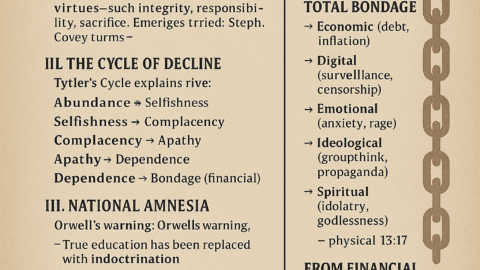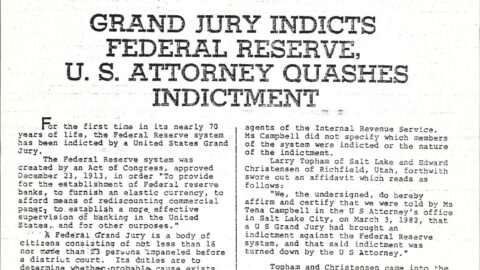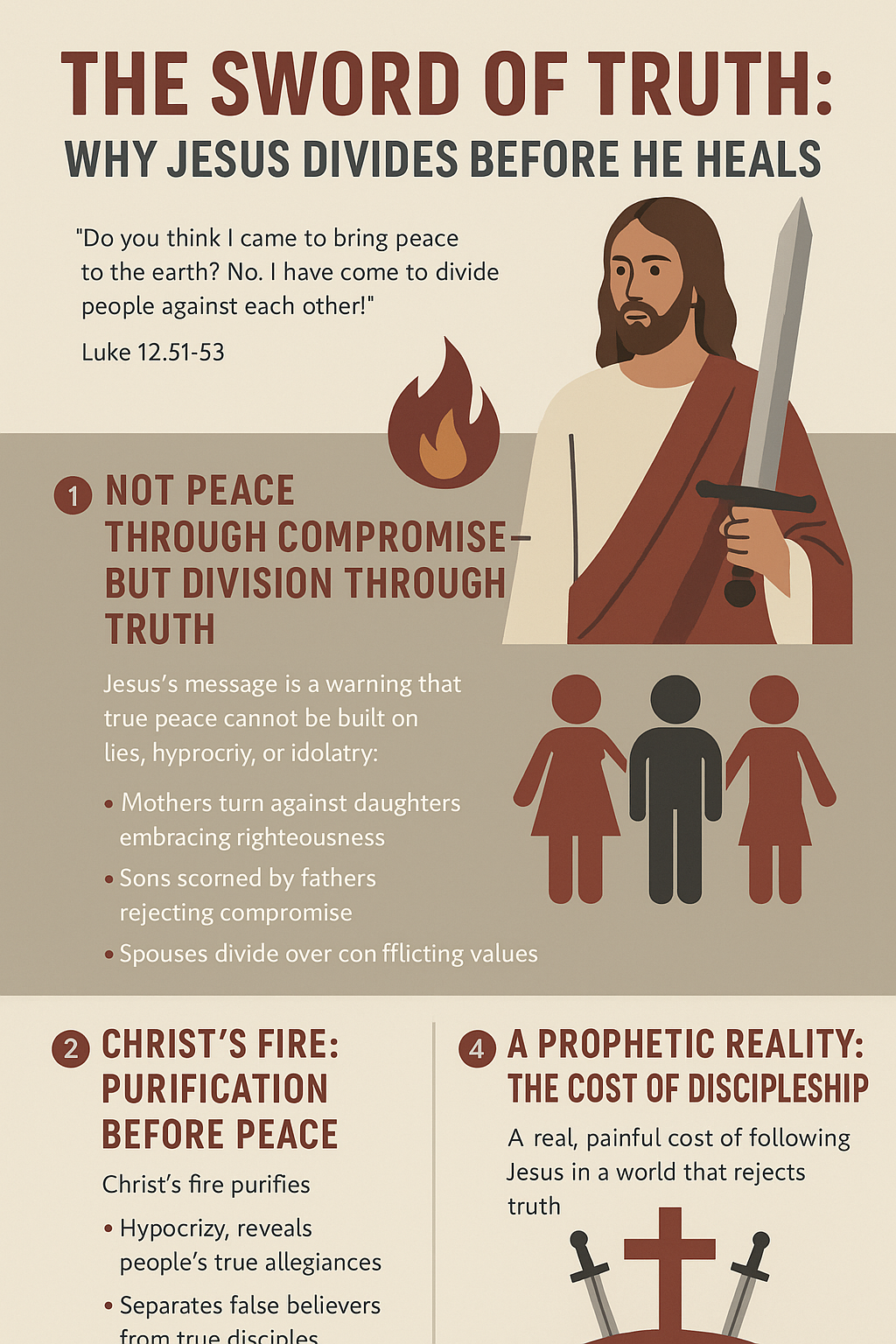Thomas Jefferson’s quote, “The natural progress of things is for liberty to yield, and government to gain ground,” reflects his belief that the growth of government often comes at the expense of individual liberty. When we compare this to the idea of bureaucratic expansion and the potential emergence of a deep state, the connection becomes clearer:
1. Expansion of Government and the Erosion of Liberty
As governments grow in size, they tend to create more laws, regulations, and administrative processes. This growth can lead to the following:
- Increased Control Over Citizens’ Lives: With more government programs and agencies, there are more rules governing individual behavior. This can limit personal freedom by expanding the role of the state in areas that were previously left to personal choice or local governance.
- Centralization of Power: As government grows, decision-making becomes more centralized in the hands of a few. This centralization can distance citizens from the democratic process, as more decisions are made by unelected bureaucrats, reducing the influence of individual voices.
- Taxation and Regulation: Larger governments often require higher levels of taxation to sustain themselves. Increased taxation can limit economic freedom, and a proliferation of regulations can constrain business activity, personal property rights, and innovation.
- Decreased Accountability: In a large bureaucracy, the ability to hold individuals or agencies accountable diminishes. This can lead to inefficiency, corruption, and abuses of power, further infringing upon individual liberty.
2. Jefferson’s Philosophy of Limited Government
Jefferson was a strong proponent of limited government. He believed that when governments grow too large, they tend to infringe on the rights of individuals and communities. For him, liberty was tied to minimal government interference, allowing citizens the maximum freedom to govern their own lives.
- Limited Government = More Liberty: In Jefferson’s view, when governments are kept small, individuals have more freedom to make their own choices without the overreach of state authority. A smaller government is less likely to interfere with personal, economic, and social liberties.
- Vigilance Against Government Power: Jefferson often emphasized the need for citizens to be vigilant against the growth of government power. He believed that government, by its nature, tends to expand, and that this expansion leads to the curtailment of freedom unless actively checked by the people.
3. Connection to the Bureaucratic State and Deep State
The growth of bureaucracy and the potential for a “deep state” is directly aligned with Jefferson’s concerns.
- Complex Bureaucracies Reduce Liberty: As the bureaucratic state grows, it can result in an increasingly complex web of regulations and policies that can entangle citizens in red tape. This undermines personal freedoms and leads to less transparency in how government operates.
- Entrenchment of Power: The idea of a “deep state” represents a government that has become self-perpetuating and resistant to change, operating outside of the control of democratic processes. This concentration of power can erode the rights and freedoms of individuals, as it becomes harder to reform or reduce government influence.
- Lack of Accountability: When bureaucrats or certain agencies operate without proper oversight, they can act independently of elected officials, further diminishing the ability of citizens to influence their government. This lack of accountability results in a government that serves its own interests rather than those of the public, infringing upon the liberties of individuals.
4. How Government Growth Shrinks Liberty
- Erosion of Economic Freedom: As government grows, taxation and regulation often increase. This burdens individuals and businesses, making it harder for them to operate freely and limiting economic opportunities. This economic control is one of the ways that government restricts individual liberty.
- Surveillance and Control: Larger governments have more resources to monitor and control the population. This could come in the form of increased surveillance, data collection, and regulation of daily life. As government gains these powers, the scope for individual privacy and autonomy diminishes.
- Concentration of Power: The more powerful a government becomes, the more it is able to exert its influence over various aspects of life. This concentration of power can stifle dissent, limit free speech, and impose restrictions on political and civil rights, all of which shrink the sphere of personal freedom.
5. Jefferson’s Relevance in Modern Contexts
In today’s political landscape, Jefferson’s warnings about the expansion of government and the erosion of liberty are particularly relevant. The rise of large bureaucratic states, centralized decision-making, and unchecked governmental agencies aligns with his concerns about liberty shrinking as government grows.
- Balance Between Security and Liberty: Modern governments often justify their growth in the name of providing security and welfare. However, Jefferson would argue that this balance often tips too far in favor of government control, at the expense of individual freedom.
- Public Vigilance: Jefferson believed that for liberty to be preserved, the public must remain vigilant and actively involved in limiting government power. This means questioning government growth, demanding transparency, and resisting the overreach of the state.
Thomas Jefferson’s belief that “liberty shrinks as government grows” is an enduring principle that remains applicable in the face of modern bureaucratic expansion. The creation of large, complex governments often leads to increased control over citizens’ lives, reduces individual freedoms, and can result in the development of entrenched power structures like the deep state. To protect liberty, Jefferson’s philosophy suggests that the scope and power of government should be kept in check, with a focus on decentralization, accountability, and minimal interference in the personal lives of citizens.







